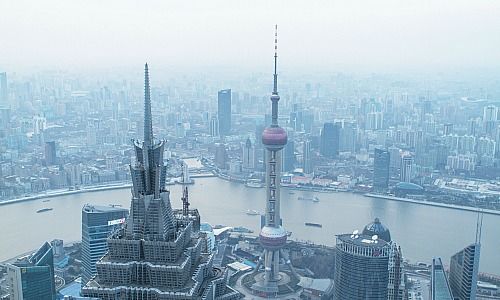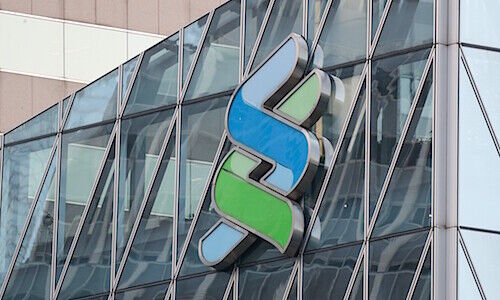China Fines Banks, Asset Managers for Hiding Bad Debt
The number of fines slapped on banks and asset managers are rising, as Chinese authorities move to rein in the masking of bad debt.
At least five large institutions, including a branch of the Industrial and Commercial Bank of China (ICBC), received penalties over the last month for hiding bad debt. While the amounts are relatively small, the penalties are meant to deter other institutions from doing the same, experts said.
«The aim of such a tight policy is to expose the problems at the banks to the regulators because banks have been able to use various means to hide non-performing assets,” said Wang Ke, a vice-president at Shanghai-based conglomerate Win Group and an expert on China’s provincial asset management groups, who was quoted in the «Financial Times» (behind paywall).
Special Mention Loans
Small Chinese banks have been masking their non-performing loans (NPLs) by classifying them as «special mention loans», loans that were late but not yet considered non-performing. As a result of that, banks were able to report low NPL ratios and north of 20 percent special mention loans.
In 2018, regulators forced banks to recognize the bad debt disguised as special mention loans, resulting in 1.75 trillion yuan ($258bn) hitting the market for bad debt sales last year, the highest level in two decades.
Targeting Local Asset Managers
Regulators are now targeting local asset managers who help disguise bad debt. Specifically, local governments have asked asset managers which they have control over, to resolve some of the country’s huge bad debt load.
However, not all of the local asset managers are willing to cooperate in exposing the true size of the problem. In some instances, asset managers receive liquidity from banks which will then be used to buy up the banks’ bad debt. This serves to temporarily remove it from the bank's balance sheet. Such an arrangement often includes an agreement for the asset manager to later sell the toxic asset back to the bank at a profit.
In April, the banking regulator issued fines for such activities to ICBC, China Minsheng Bank, Tianjin Rural Commercial Bank, and Shengjing Bank, around the same time the National Audit Office warned over the risks of covering up bad debt.



























